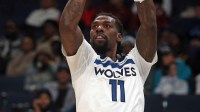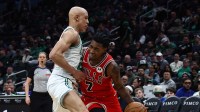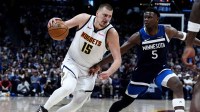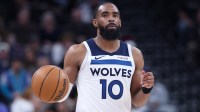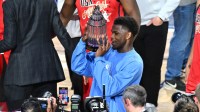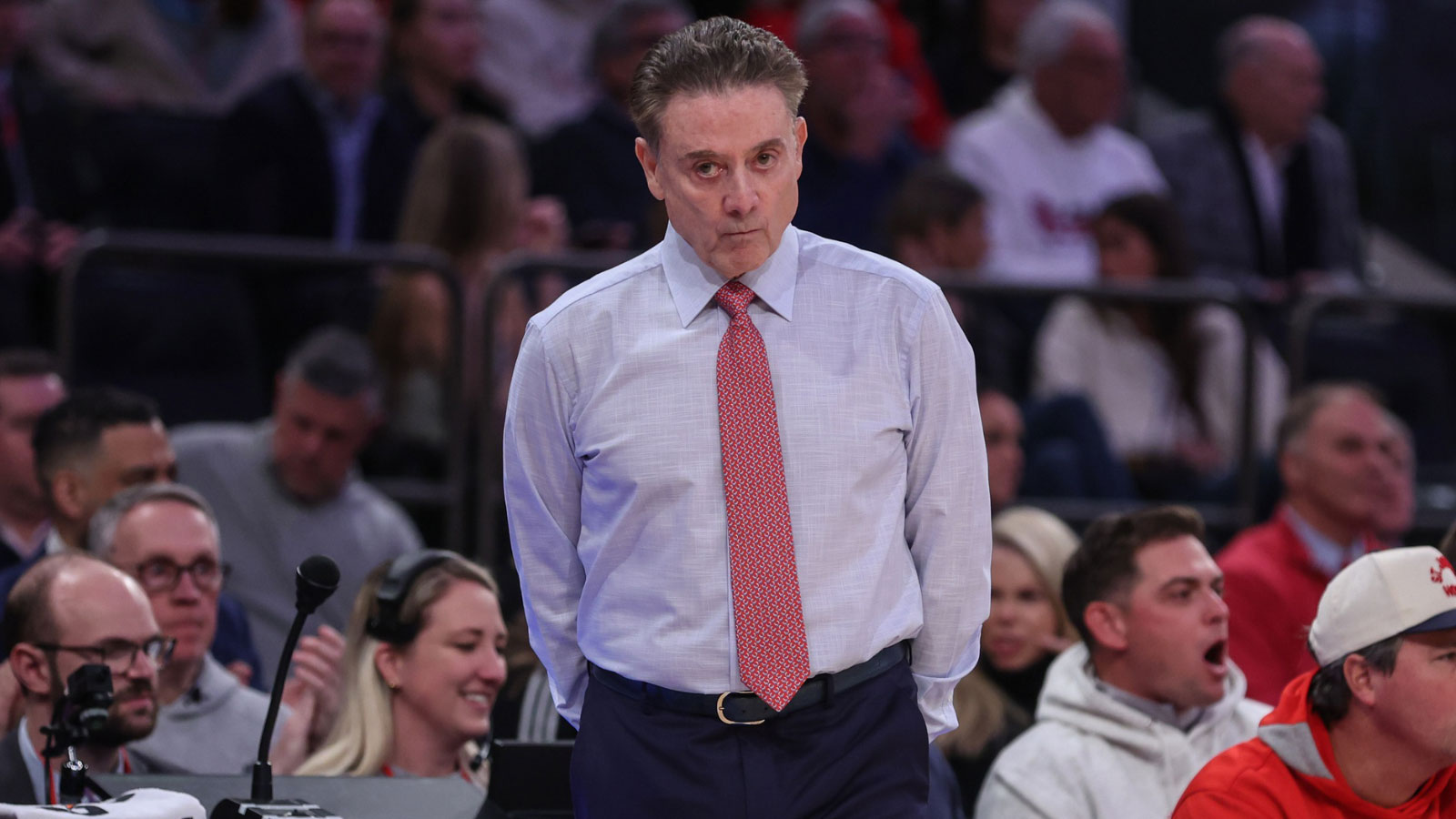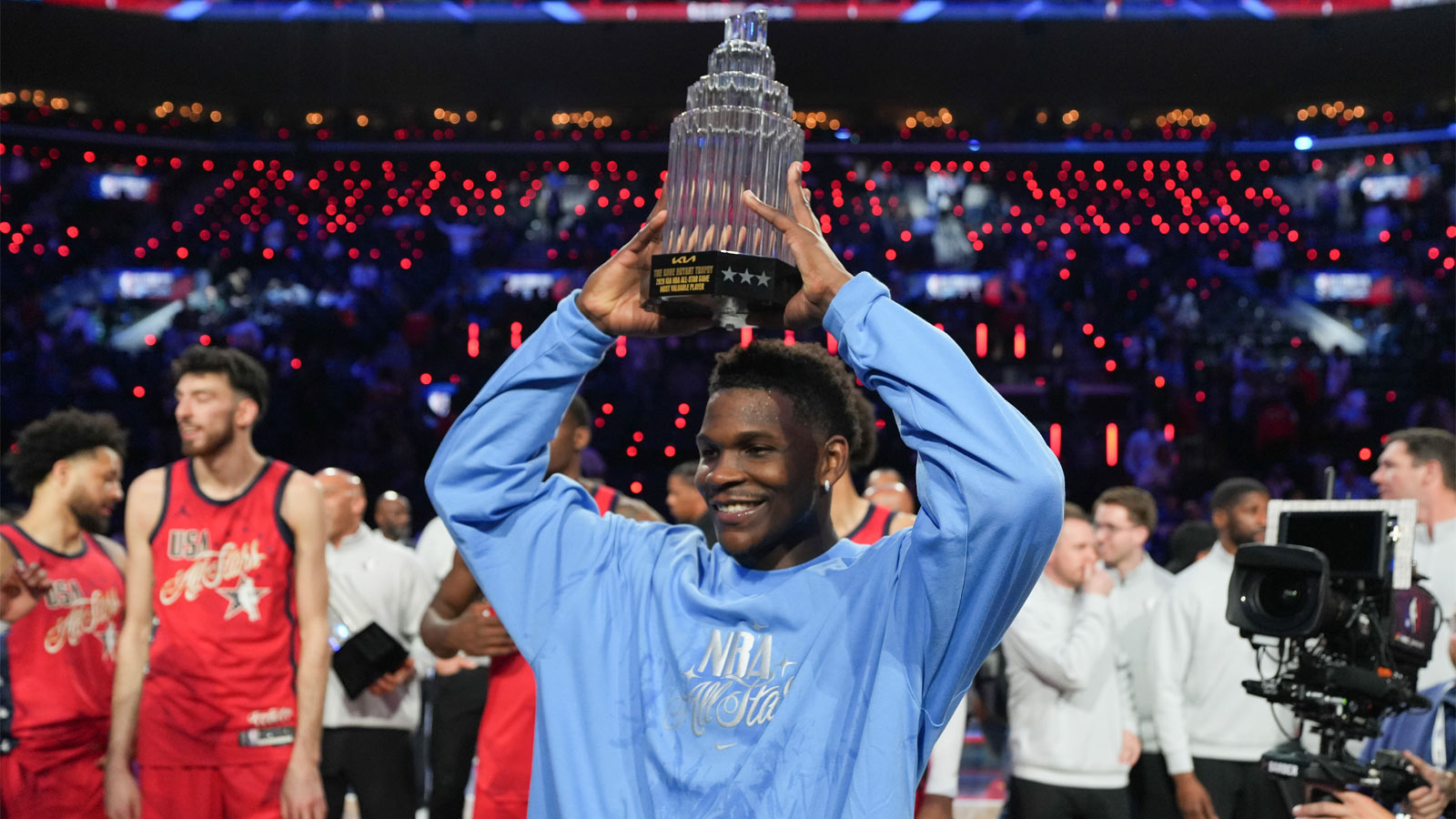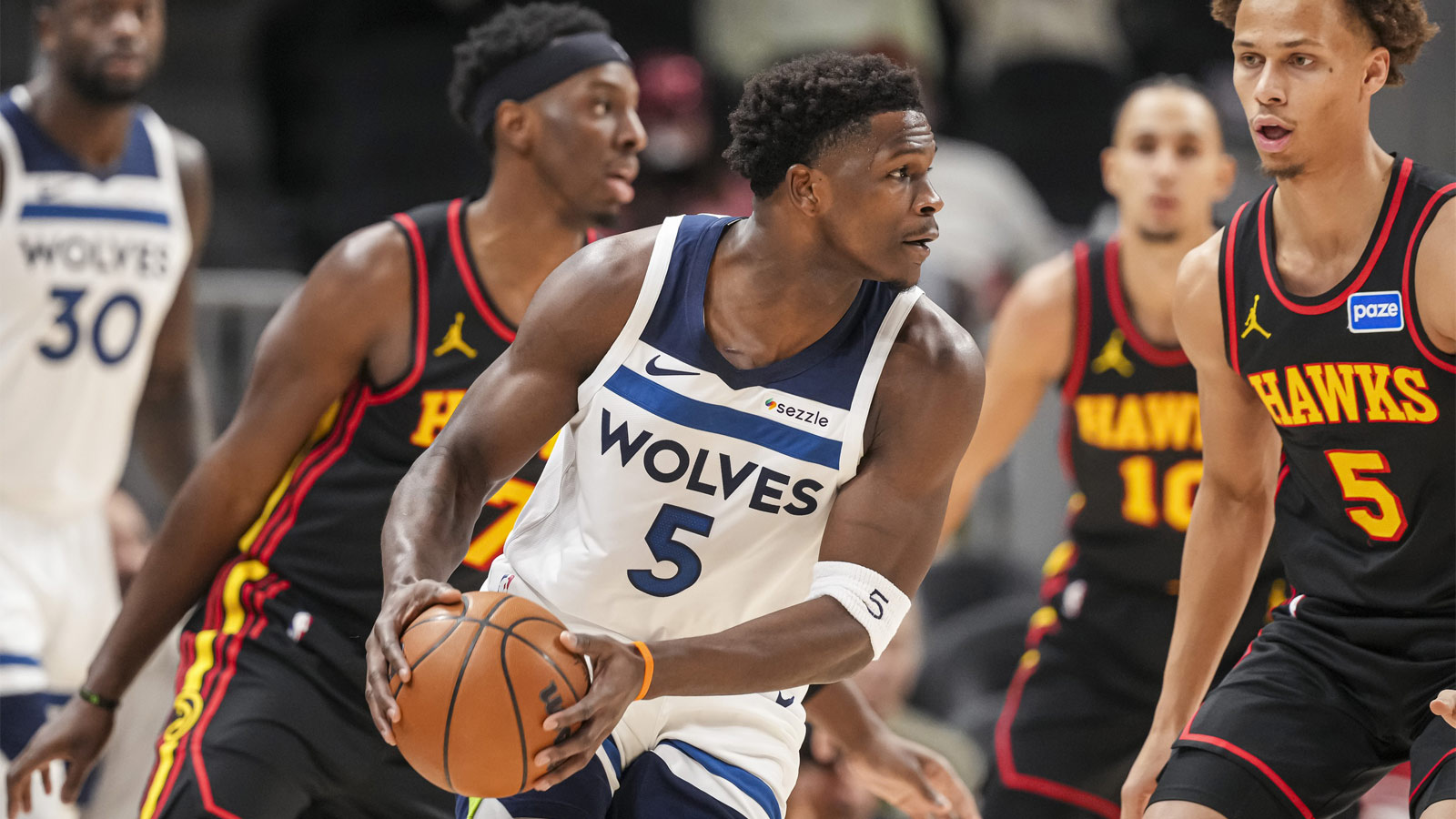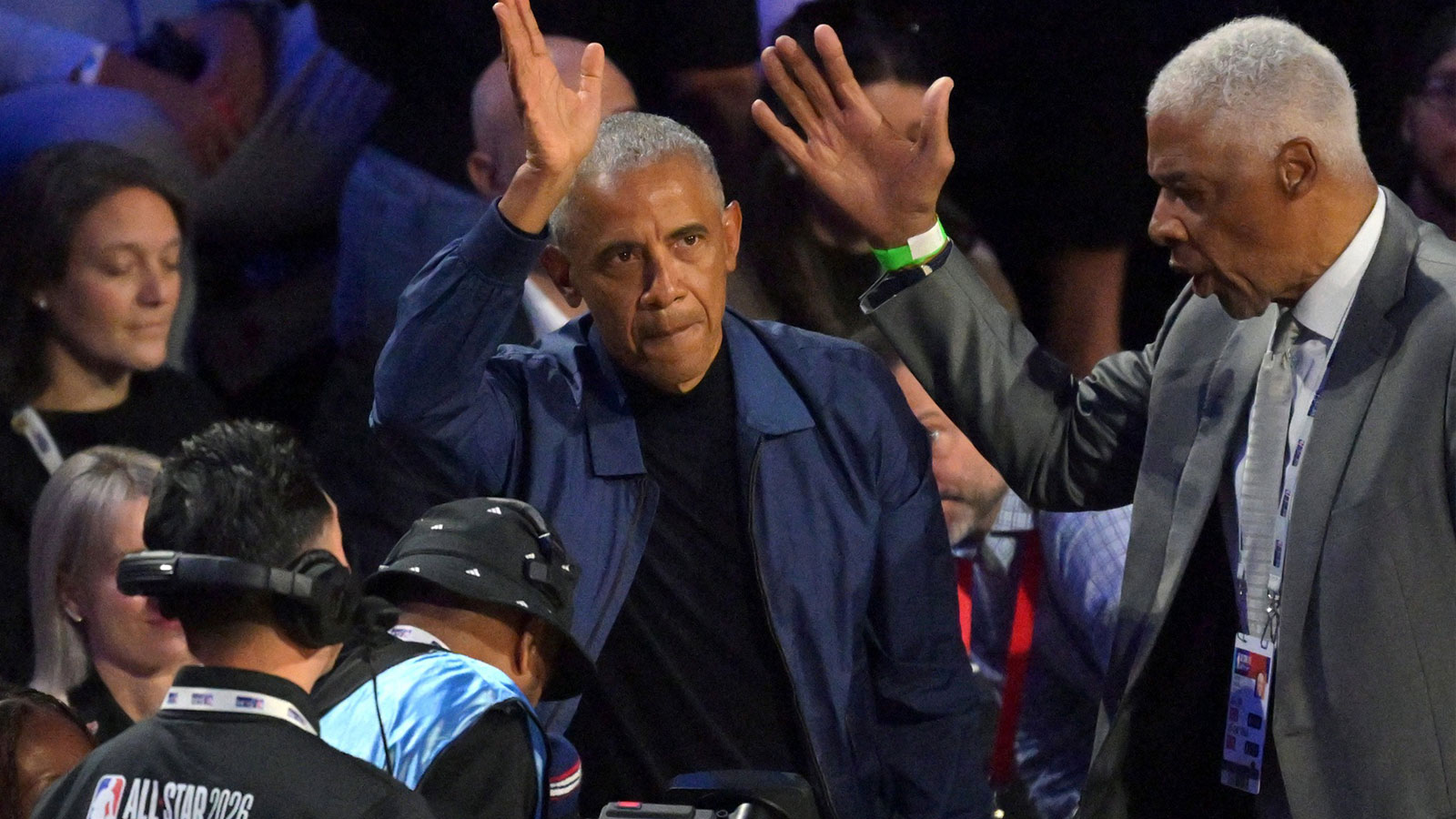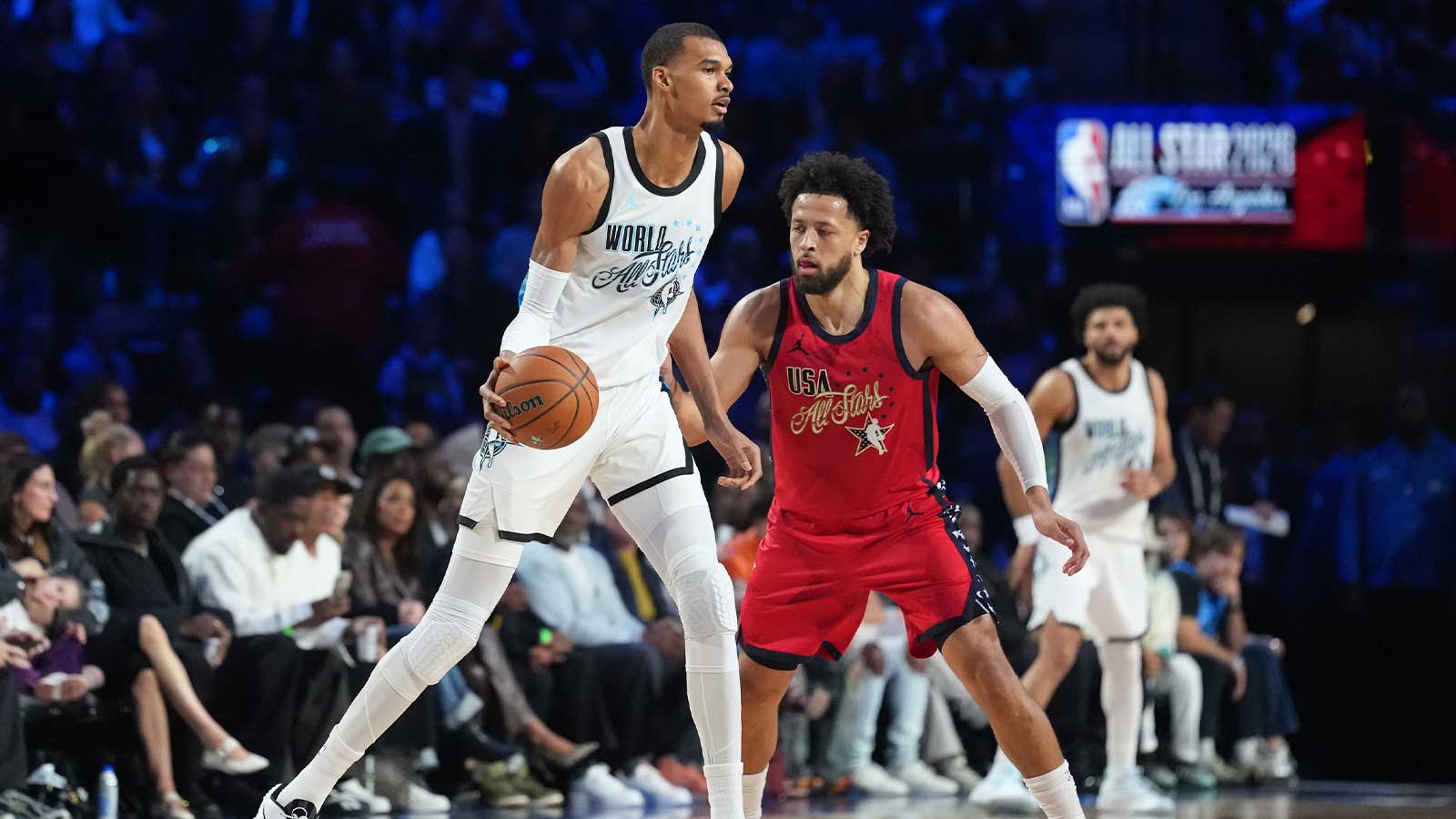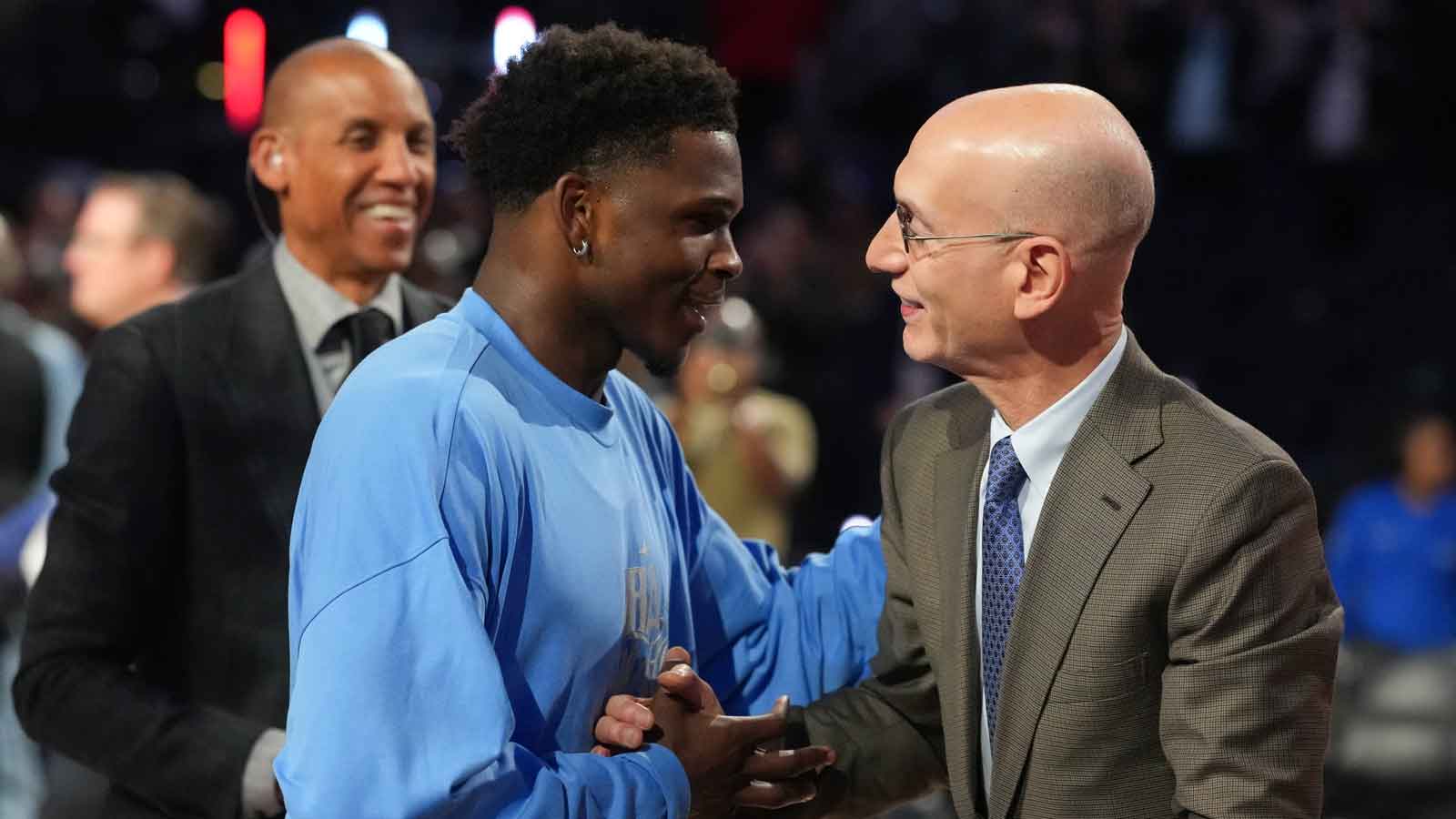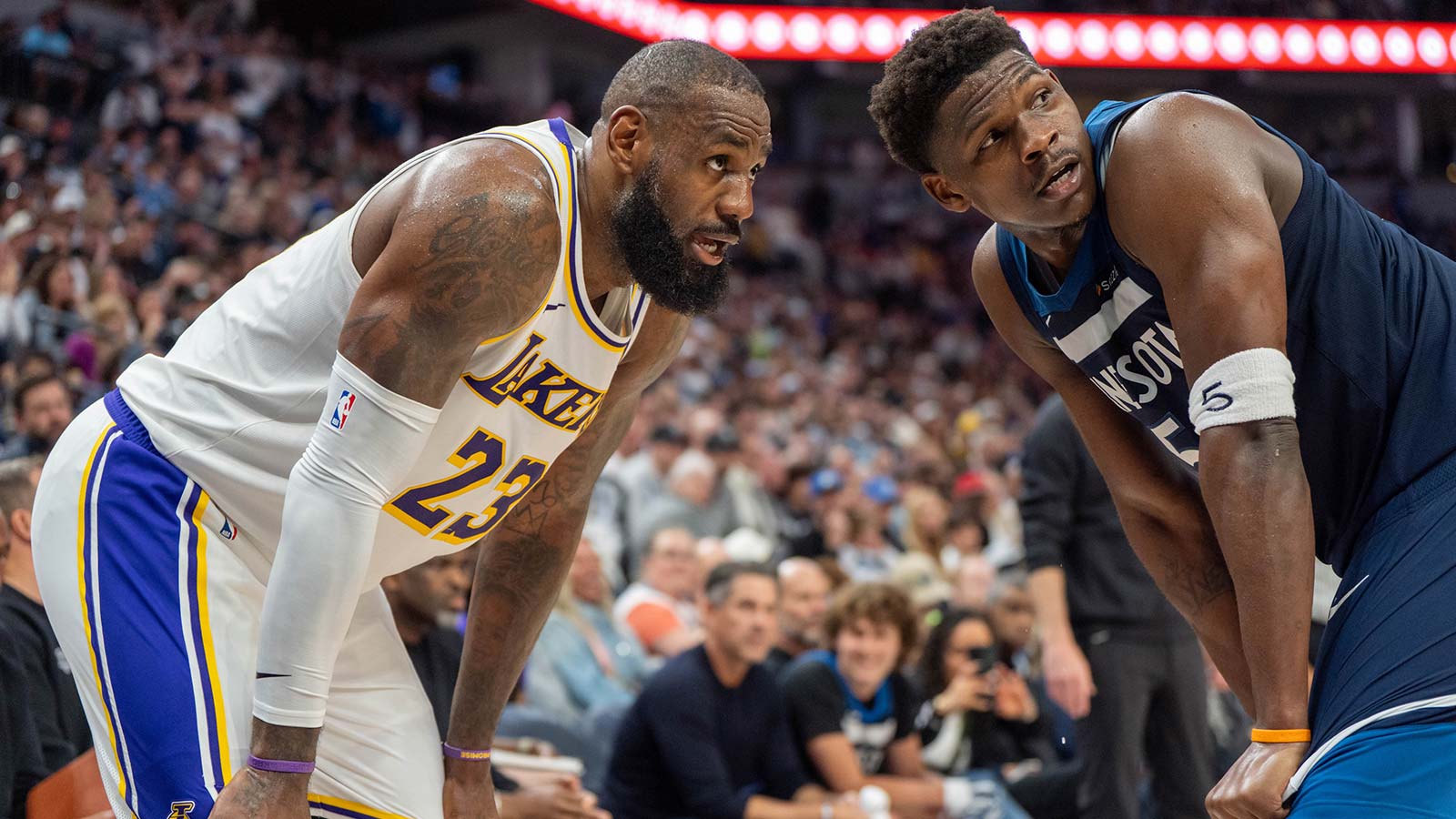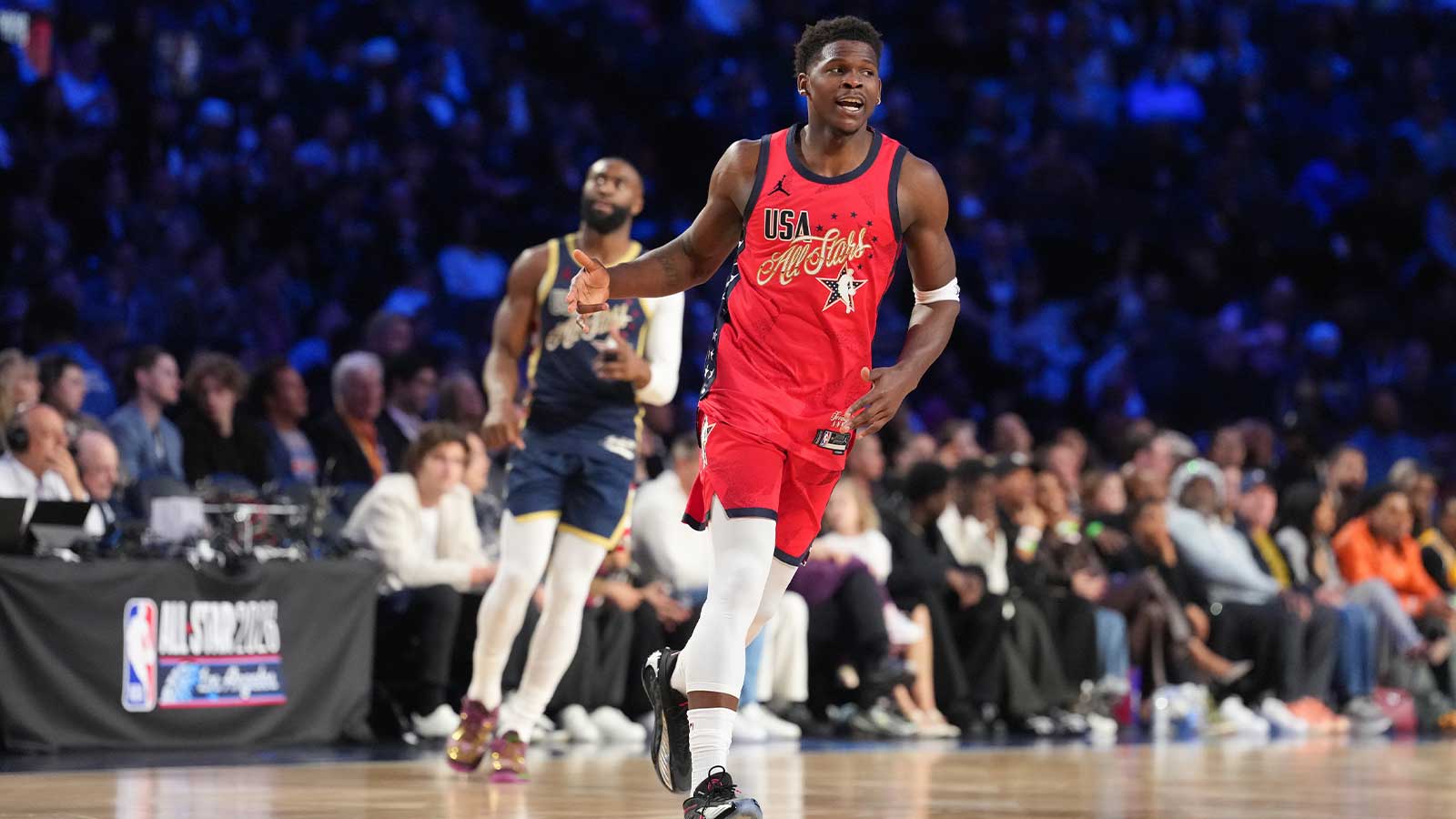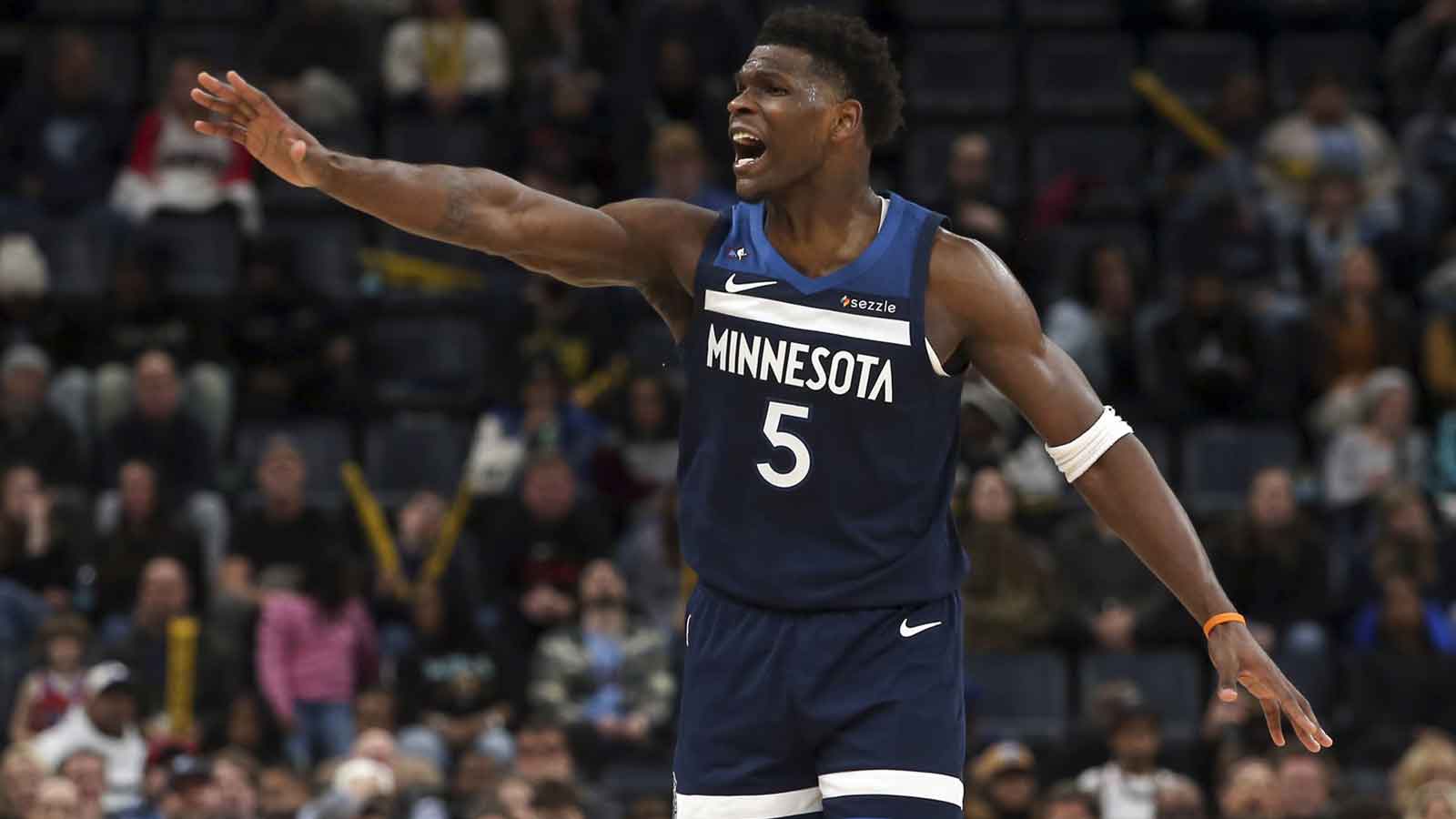The Minnesota Timberwolves lost one of their most versatile defenders early in Saturday's action against the Phoenix Suns. Kyle Anderson was forced to leave Game 1 of the teams' highly anticipated first-round playoff series early in the second quarter after suffering a hip injury.
The injury occurred at the 10:26 mark of the second quarter, as Anderson contested a Bradley Beal layup coming off a Suns sideline-out-of-bounds play. Beal's right leg made contact with Anderson's right midsection when he was airborne, causing the latter to immediately grab at his side in pain before hobbling to the sideline. Adding insult to injury for Anderson and the Wolves, Beal completed an and-1, too.
Anderson was initially listed as questionable to return due to a right hip pointer. Roughly 40 minutes later, the Timberwolves ruled him out for the game's remainder.
Kyle Anderson's role vs. Suns
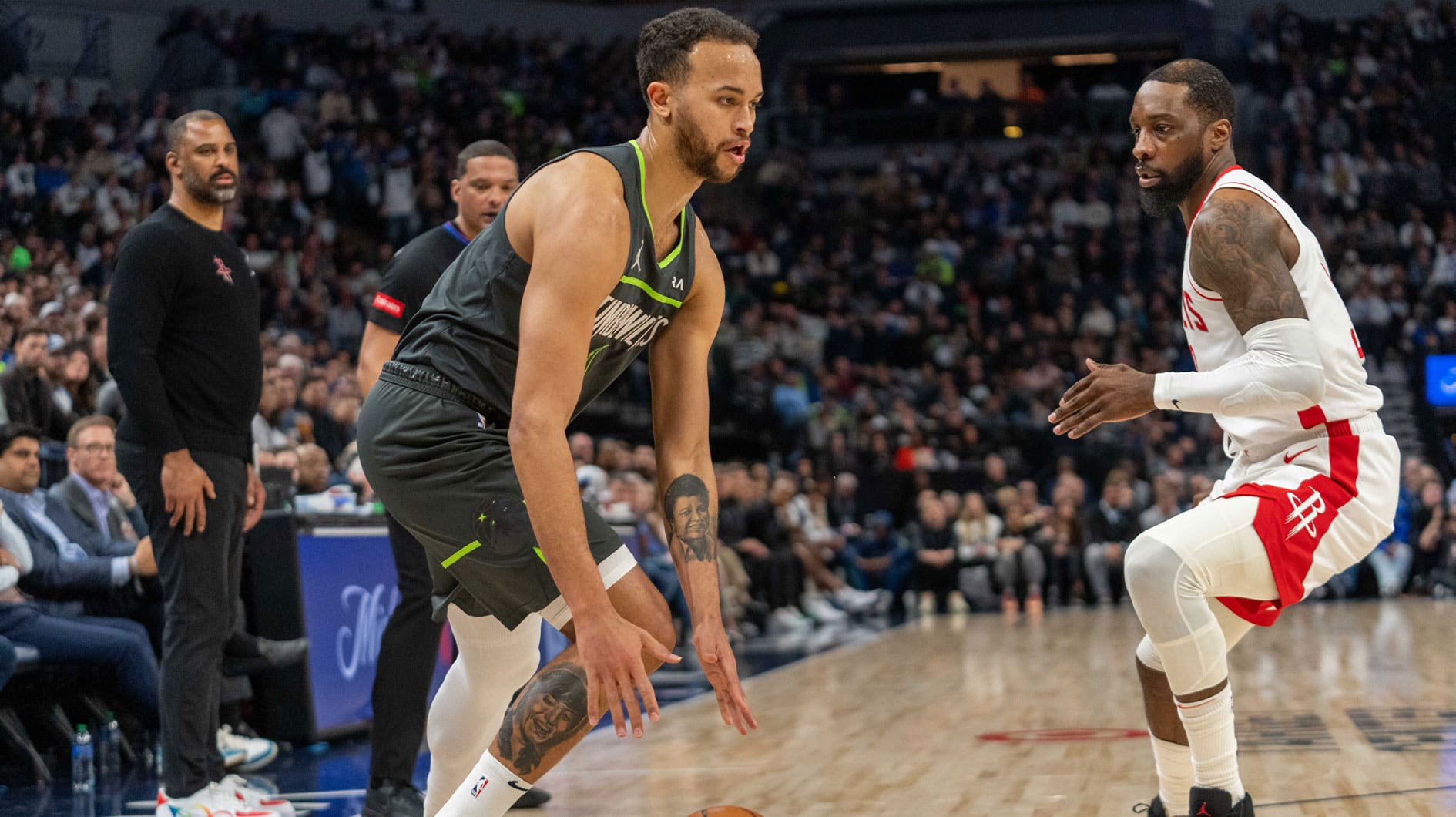
Though not a starter or even one of Chris Finch's top-two bench players in 2023-24, Anderson nevertheless looms large in Minnesota's postseason clash with Phoenix. The Timberwolves built basketball's best defense this season in large part by pairing another traditional big man next to Defensive Player of the Year favorite Rudy Gobert, a lineup configuration that could cause problems against Kevin Durant, Devin Booker and Bradley Beal.
Minnesota, for instance, began Game 1 with Karl-Anthony Towns checking Durant, an on-paper mismatch Phoenix immediately looked to exploit. Naz Reid might be a bit better defending on the perimeter than Towns, but still isn't an ideal choice checking Durant, among the best one-on-one scorers in league history. Both bigs are probably more ill-equipped to defend Booker and Beal on switches, too.
Anderson isn't especially quick, earning his ‘Slo Mo' nickname on both sides of the ball. But he's 6'8 with a 7'3 wingspan and has some of the most disruptive hands in basketball, making him a solid option checking star forwards in isolation. Durant does most of his damage with size and length instead of off-dribble burst at this point of his career, too, all the more reason that Anderson is Minnesota's best option defending him behind Anthony Edwards and Jaden McDaniels.
As this series continues, don't be surprised if the Timberwolves lean into lineups featuring Anderson at power forward against Phoenix should they struggle to string together stops. Anderson isn't an imminently threatening three-point shooter like Towns and Reid, but he's a natural playmaker, smart cutter and opportunistic scorer off the bounce from short mid-range.
Coupled with his prowess as a primary and help defender, those attributes could ensure Anderson plays an outsized role in what could be the most exciting series of the first round—health provided, of course. Expect Finch to give more minutes to veteran point guard Monte Morris or combo guard Shake Milton if Anderson misses more time going forward, shifting McDaniels and Edwards down the positional spectrum.



